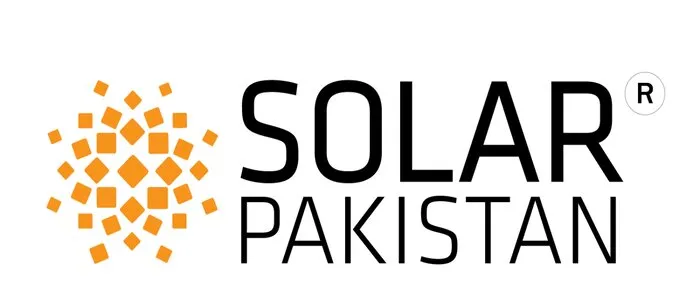Largely negative about their ongoing prospects, the country’s business owners have started gaining confidence, and their expectations for a better future have risen 42% from the previous quarter, shows a latest survey.
“Relatively fewer business owners are pessimistic about future conditions and the direction of the country compared to Quarter 2,” according to a Gallup Pakistan Survey with business owners in the third quarter of 2023 for the Gallup Business Confidence Index report.
It said business insecurity though persists because of the prevailing economic and political crises, businesses are more upbeat about their future.
“Inflation, utility bills and political instability cause growing concern among the business community, but overall fewer businesses express hopelessness compared to the previous quarter,” it said.
Asked about their expectations for future business conditions, the businesses were surprisingly optimistic and 61% expressed positive expectations while 38% expect things to worsen. The net future business confidence score has improved by 42% since the spring and is now at 22%, according to survey report.
The businessmen’s perceptions about the direction of the country have also improved since the previous two quarters with 26% of respondents saying Pakistan is heading in the right direction.
The Direction of the Country score has increased to -47% that is 30 percentage points more than a quarter ago.
The overall confidence of the business community, however, was low since economic crises have been looming since 2022. The economic insecurity in the country has worsened since the beginning of this year, but the business situation score has improved regardless by 25 percentage points.
Similar to the second quarter survey results, inflation was the problem cited by most of businesses as three out of 10 said they would want the government to solve the issue of price hike.
“Relatively more respondents were concerned about political instability in Q3,” according to the survey.
While the devaluation of rupee and fuel prices have taken a backseat in concern relative to the past quarter, the businessmen now are more concerned about the taxes and load-shedding in the country.
Asked whether business conditions induced layoffs in the quarter under review four out of 10 businesses surveyed replied in affirmative saying their workforce had shrunk by 11% from last quarter.
More than half of the businesses surveyed said to have increased their output prices this quarter. More businesses raised output prices compared to last quarter, and comparatively less businesses reduced their output prices in this quarter.
A majority, 73%, of the businessmen did not express the hope that the caretaker government of Prime Minister Anwaar-ul-Haq Kakar will address problems of the country’s businesses.
Twenty-five percent of them were somewhat hopeful. Asked about power outages, 38% of the businesses said ‘yes’ to load-shedding this quarter, showing a decline of 31% over last quarter.
Bilal Ijaz Gilani, executive director at Gallup Pakistan and chief architect of the Gallup Pakistan Business Confidence Index Pakistan, said that this quarterly report of Gallup Business Confidence brought the positive news that business sentiment was improving in the country after witnessing a consistent decline.
Both current and future business confidence was on upward trajectory and a significant improvement was seen with respect to business community’s view regarding direction of the country, he said.
“We hope that the current momentum in other indicators including stock exchange index, improved current account deficit, positive outcome of IMF loan tranches and relative consistency in policy for example with respect to smuggling are underlying factors leading to improved sentiment is continued in the coming quarter,” said Gilani.
This latest survey is the 11th of a quarterly Business Confidence Survey that Gallup Pakistan conducted across the country. The Business Confidence Index is an important barometer capturing the sentiments of business community in any country and used across the world by policy makers. The survey was conducted with around 530 businesses across Pakistan.




